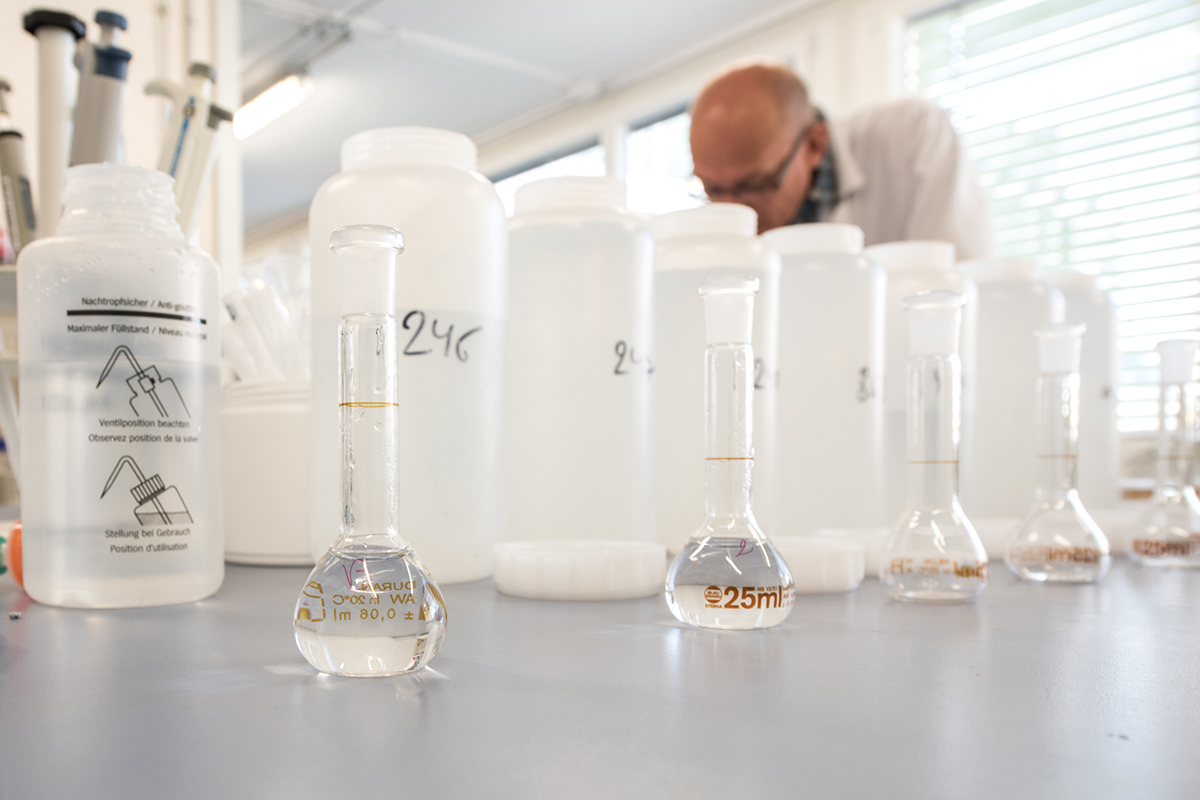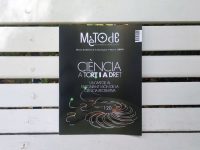
I write this article in the midst of a controversy among Spanish scientists regarding an alleged fraud in the works of one of them. If the accusations were true, published works, allegedly manipulated, passed the most rigorous scientific excellence tests for years. Fraud and plagiarism in science deserve another reading as well: if in this day and age we see counterfeit euros, handbags, drugs, electronic components… Why not scientific works?
The contradiction we face now is that we can quickly distinguish a counterfeit euro or handbag; however, scientific forgeries can successfully pass the tests of brilliant minds and the verdicts of the most prestigious journal referees. It is true that every once in a while science is shaken by forgeries; but the magnitude of the media scandal around them is a different thing. In fact, everything relating to the scientific journals involved in this alleged fraud has been blown out of proportion. But we also need to say that the journals constantly try to publicise themselves through the works sent by the scientists. Undoubtedly, the connection between a journal and the scientists is sometimes far from the mere publication of scientific excellence.
I think it is good for both scientists and citizens to reflect on how things work, on rationality and its link with the common good. I think that working in science, which is ultimately trying to discover the truth hiding in nature, is one of the mothers of human activity. Such activity, together with others striving for the good of humankind, are in the end the ones that establish the direction of the time arrow: they mark the path towards the future as opposed to the return to the past.
To understand what – allegedly – happened, I will focus on several very specific questions: Why do these blunders exist in a field in which scientific honesty should be the prevailing feature? How can someone falsify what is discovered within the scientific sphere? And how does one profit from publishing a lot of works, independently from the real quality of the content?
«I do not think it would be too much to say that the level of stupidity and wickedness of current scientists is unparalleled compared to the past»
The answer to all three questions can be reduced to understanding that the current collective trend – or rather the «disease» – of publishing more and more, of which our young scientists are the fundamental victims, lacks any sense; it is, in addition, the best breeding ground to cause arbitrary irregularities that spread worldwide through the university system. In my opinion, the current process followed to publish scientific results is often separated from rationality and neutrality, because it responds essentially to our human aspect of free choice, which combines our desire to do good and evil, sometimes in equal measure.
Was it always like this? That is to say, were we, as scientists, always subject to such suffocating pressure to publish? If we look at the many studies published regarding how science was made in years past, I do not think it would be too much to say that the level of stupidity and wickedness of current scientists is unparalleled compared to the past. Disputes between the great masters of the time and their respective followers had irrational elements as well, were often bursting with gender bias; but they never reached the level of simplicity of most of our current miseries. The current push to publish responds more to a model in which the end – personal promotion, as well as the promotion of the journal and the research field – justifies the means. Therein lies the temptation to act dishonestly, both for authors and for journal referees and editors.
«The current collective trend of publishing more and more is the best breeding ground to cause arbitrary irregularities that spread worldwide through the university system»
Many times, the anonymous referees of a paper just want to exert power to, for instance, hinder the rise of an imaginary competitor, passing over the quality and novelty of his or her research. Another relevant fact is that today, in many cases, the name of the «messenger» is more important than the content of the «letter». Therefore, it is common among scientists to say «I have published in such and such journals», with no mention to the content of the works.

Photo: Ana Portnoy
It is difficult to understand for people outside the system that the publication of a work is often a consequence of good luck. Those who determine whether or not something is published are no more than three or four people: the referees, anonymous and secret, and the journal editors. If they are good and honest scientists, you just won the lottery: your paper will be well read and judged. But the reality is that, with the inflation of scientific works and the distribution of royalties, there is a great probability that the publication will depend more on other factors. Then anything can happen: for instance, a bad text might be published, or a good text might not, or maybe it will, with a year’s delay, or maybe its publication only serves to propagate thematic inbreeding, or the system pressures will open the door to falsification. The important point is achieving a balance between publication content and the popularity of the journal in critical analysis. Therefore, if we look only at the publications’ name, in the end the editors are the only ones responsible, unwittingly, of selecting Spanish university professors.
What many fail to see – or maybe they just turn a blind eye – is that, in the long run, scientific progress and development depend little on the «messenger». In other words, only those works with the seed of change remain, and they are also responsible for the slow but steady – at least until now – walk of science. And this happens regardless of the journal in which they are published. In fact, curiously, the promotion of scientists is the only thing that is completely determined by the «messenger». The debate on the future of scientific publications is still open, and new ways to publish science and improve the selection of scientific excellence are constantly debated. Of course, for a majority of scientists, science deserves much more; for some journals, much less.





